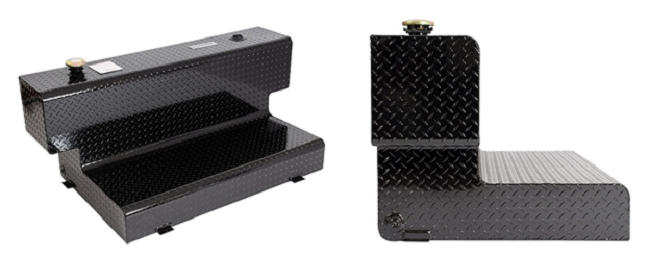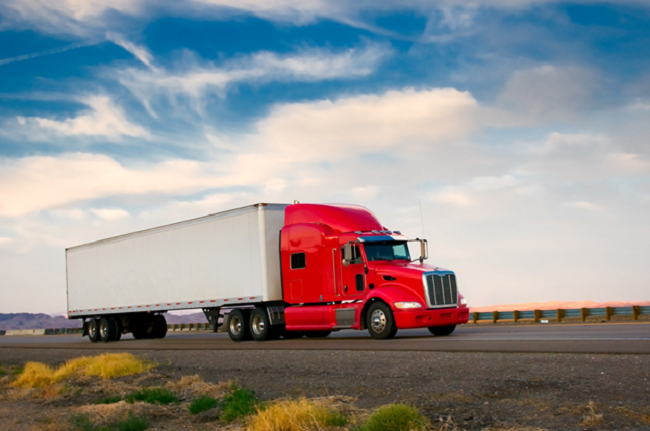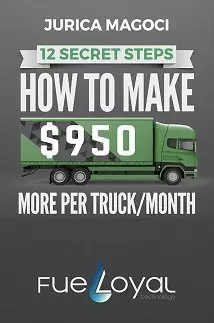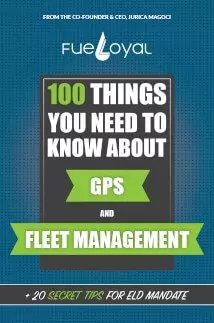In today article I will talk about the Auxiliary fuel tank and is it worth buying or not. The biggest concern when we are in the trucking business is the fuel and we always trying to find a way to low the fuel expenses.
To make the transportation really successful besides having the right truck you need to be careful with the expenses and find a way to reduce the unnecessary cost.
We all try a few things to low the fuel consumption starting with the preparation of the routes using route optimizer, also using fuel cards to control the fuel spending or to get lower fuel prices on specific gas stations.
The latest practice to control the fueling process is to use fuel management devices that will give us specific information about the quantity of fuel that our truck drivers are putting in the fuel tank and by that giving us a chance to prevent fuel frauds and fuel misuse.
I will give you the pros and cons of having an auxiliary fuel tank and I leave this decision to you.
In Which Category is Your Truck?
1. Class 8 Trucks
The Class 8 trucks fuel tanks have few sizes with a different capacity of course. On average the standard fuel tank can hold 125 to 300 gallons of fuel and you have 2 fuel tanks. So let’s say on your truck you have two fuel tanks with 125 fuel capacities which make 250 gallons of fuel that you can use.

In the other hand, you are installing an auxiliary fuel tank with 50 gallons additional fuel capacity. On your route, you have a lot of gas stations that you can stop and refuel the truck and I am talking about gas stations where you can use your fuel card to get a cheaper fuel.
Get FREE White Paper - How To Install Auxiliary Fuel Tank In 9 Quick Steps






